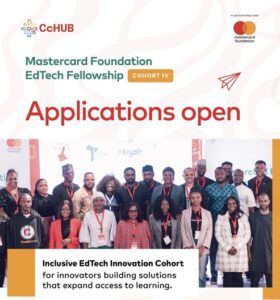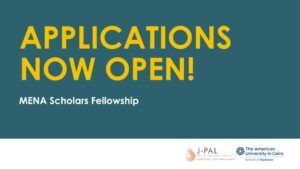The Biosciences eastern and central Africa – International Livestock Research Institute (BecA-ILRI) Hub (Nairobi, Kenya), in partnership with its UK-based partners the John Innes Centre (JIC), the Earlham Institute (EI) and Oxford Nanopore Technologies (ONT), launches an intensive training programme in genomics and bioinformatics, called Third-generation genomics and bioinformatics for agribiosciences in Africa.
This training project will offer a dozen fellowships only: in line with our experience with the Bioinformatics CoP program, we will focus on the quality of the training program and the internal cohesion in the cohort of trainees, rather than on numbers. With support tailored to the trainees all through to the Deploy phase, we expect that this training will have ripple effects, with trainees returning to their home institutions to become emerging leaders in the fields of genomics and bioinformatics: “train the few to impact the manyâ€. Therefore, applications will be rigorously screened, aiming at recruiting the best candidates in the most committed home institutions with the most promising and impactful research projects. Within this framework, reviewers will pay careful attention to achieving gender and geographic balance.
Costs/Funding
Thanks to funding from the UK’s Biotechnology and Biological Sciences Research Council (BBSRC) and Department for International Development (DfID, now FCDO), the Bill and Melinda Gates Foundation and Oxford Nanopore Technologies, all costs pertaining to the residential training (Develop and Demonstrate phases) will be met by the program, including return flight tickets from the country of residence, accommodation costs in Nairobi and a monthly allowance covering subsistence costs.
Requirements for applicants
In order to guide potential applicants, we set out the following requirements, listed in no particular order:
- The call is open to citizens of African countries affiliated with a research institution on the continent. Applicants will have to demonstrate active support from their home institution. By “supportâ€, we mean administrative and financial support, exempli gratia commitment to discharge the applicants from professional tasks they would have to conduct during the period of the training, financial support to help the returning trainee set up their research project in the Deploy phase, commitment to provide the trainee with a conducive environment for those research activities as well as forthcoming local training activities led by the trainee in coordination with the programme’s managing team, etc.
- The applicant’s home institution should already have a minimal molecular biology lab, with basic equipment for DNA extraction and quality checking, polymerase chain reaction (PCR) and gel electrophoresis.
- The applicant’s home institution should commit to equip itself with a MinION starter pack or any other sequencing device enabling native single-molecule sequencing, as well as commit to support the returning trainee with the other start-up costs for their Deploy project (cf. section “Costs/Funding†above).
- Applicants must have a well-thought project in mind, through which they will make use of long-reads genomics as soon as they return to their home institution (Deploy phase)
- Applicants must have earned an MSc in biological sciences, genetics, bioinformatics, biostatistics, biotechnology, agricultural sciences, or other related fields.
How to apply
Applications will be received online only. Applicants are asked to click here or on the “Apply now†button at the top of this page, fill the form and upload the following supporting documents:
- A curriculum vitae (maximum 3 A4 pages: please be aware that we will only read the first three pages in case the uploaded file is longer).
- Transcript of the highest degree earned in any of the fields named in item (6) of the list in the previous section
- A personal cover letter (maximum 1 A4 page) addressed to Head of Capacity Development highlighting key features of the applicant that make them the right fit for this programme
- A support letter (maximum 1 A4 page) signed and stamped by a senior person from the home institution, e.g. a director, head of department or group leader able to commit research funds, indicating support as exemplified in item (2) of the list in the previous section.
In case of any questions that are not addressed by the present application guidelines, potential applicants can direct such questions to “ILRIGenomicsCoP at cgiar.org“, and we will respond once or twice a week through the FAQ at the bottom of this page.
Timeline
The call is open until 31 October 2020, 23:59 UTC.
A thorough review process, including at least one interview of the shortlisted candidates as well as higher-level engagement seeking to assess readiness, ability and willingness for the home institution to invest in the candidate and their project, will be conducted over November and December 2020. Â Notifications of successful applications are to be sent around the end of year.
The residential training shall start in Nairobi in April 2021.
Please note that the above timeline is only indicative and may be impacted by the ongoing Covid-19 pandemic. Successful applicants will receive confirmation of the commencement date closer to the start of the programme.
For More Information:
Visit the Official Webpage
Application Deadline:Â 31 October 2020, 23:59 UTC.

